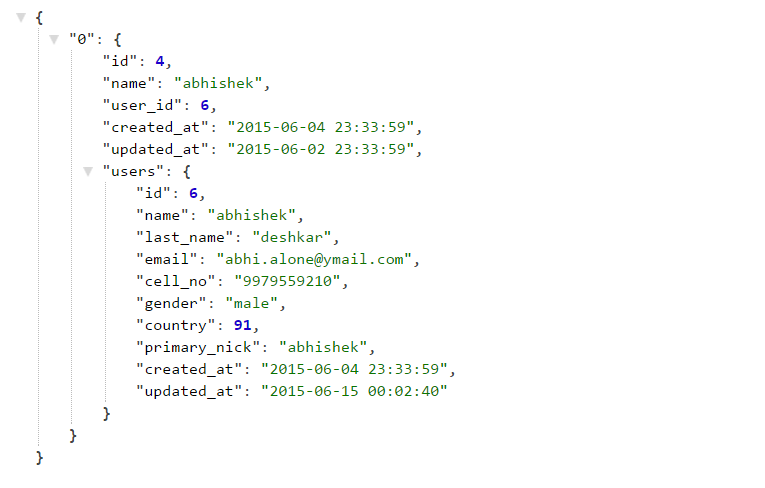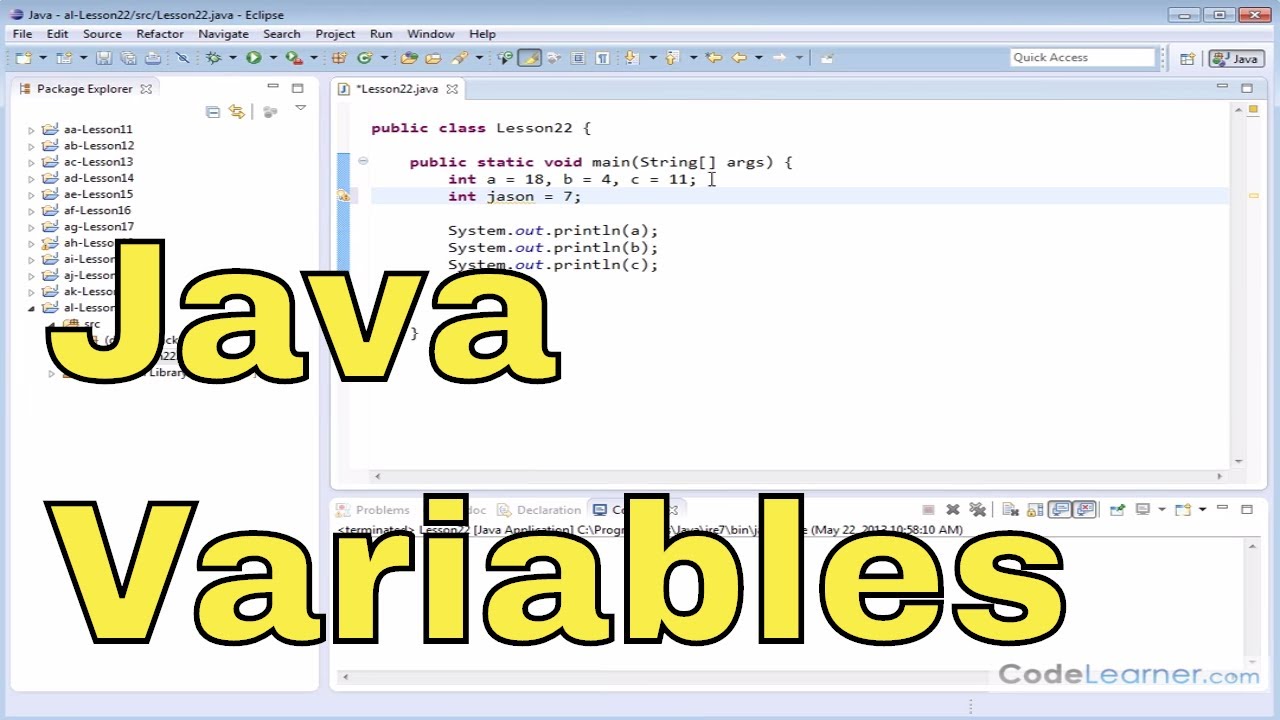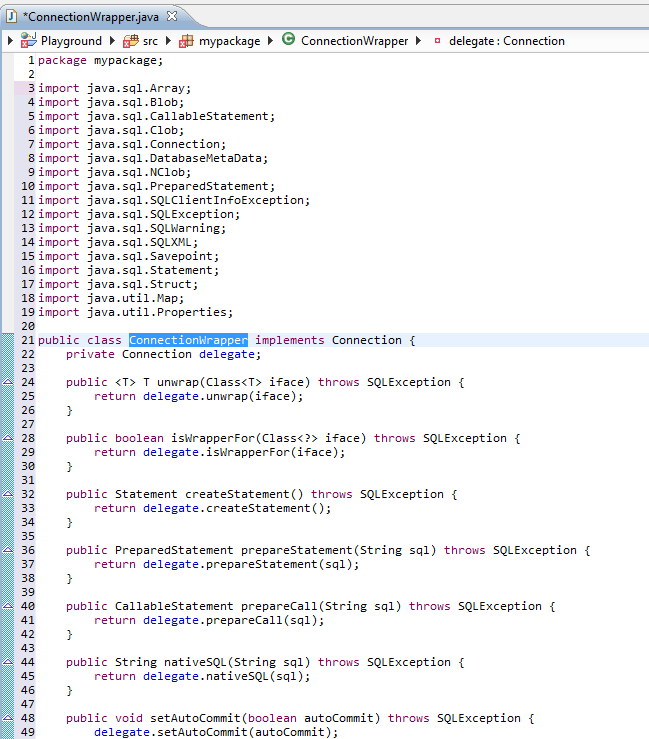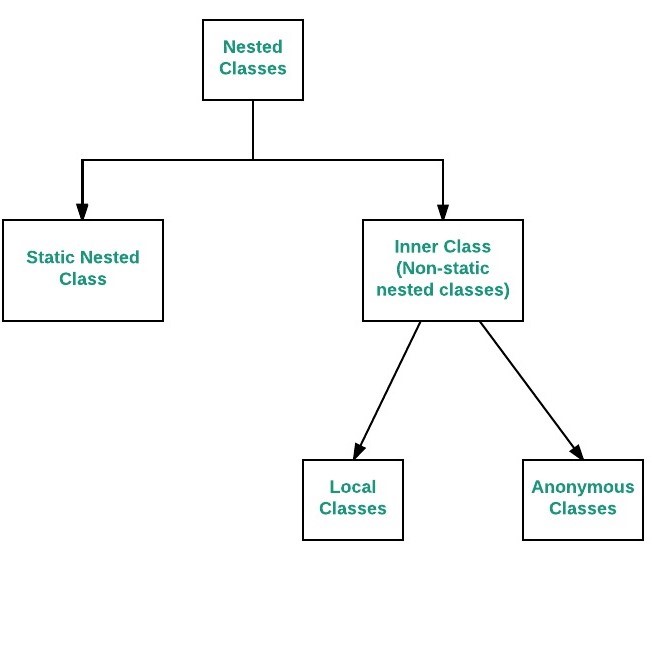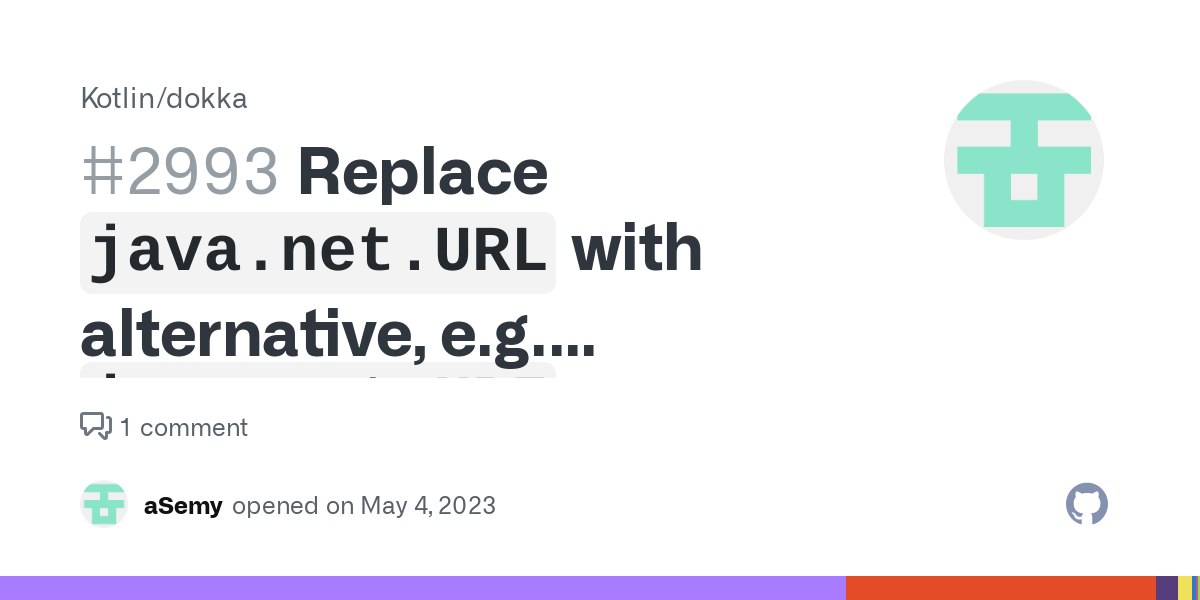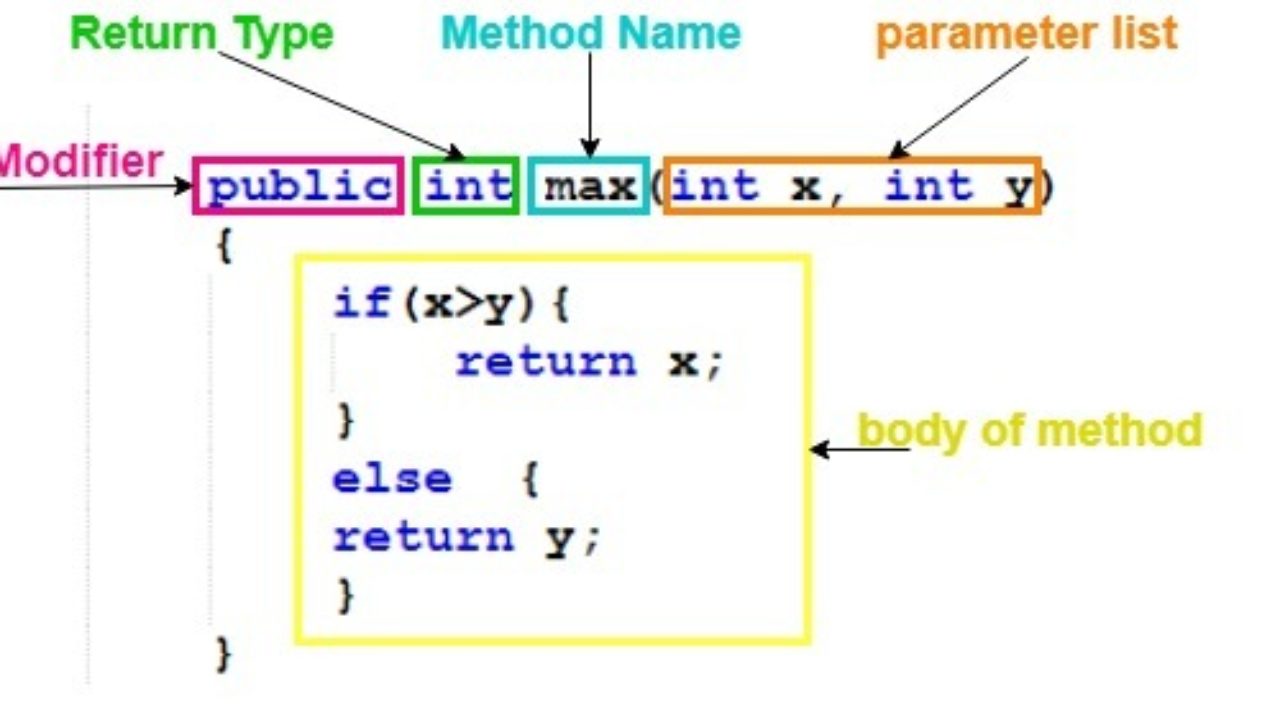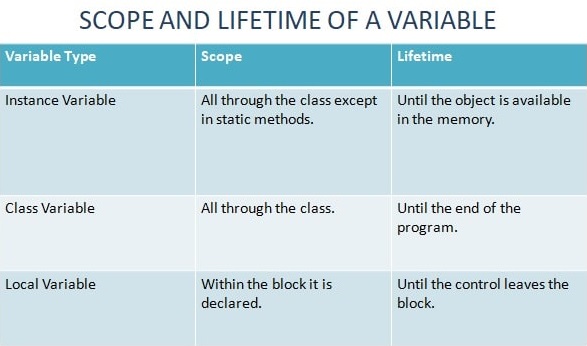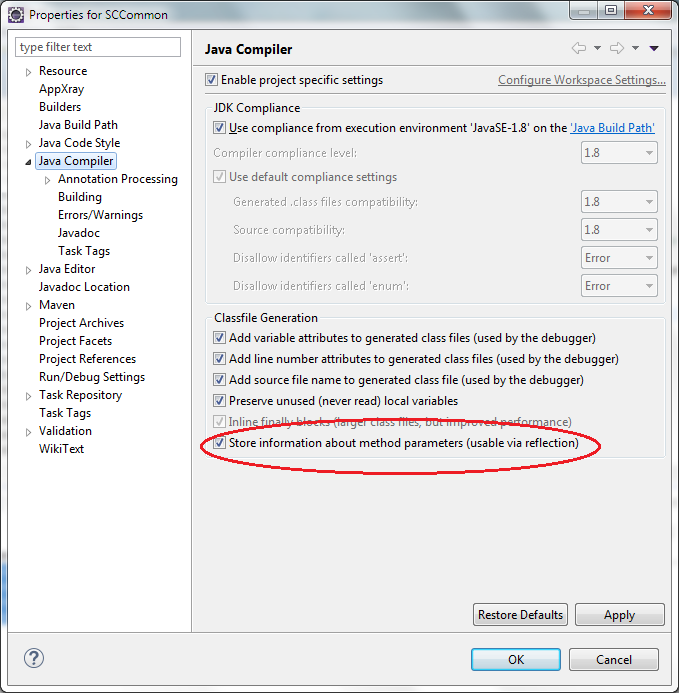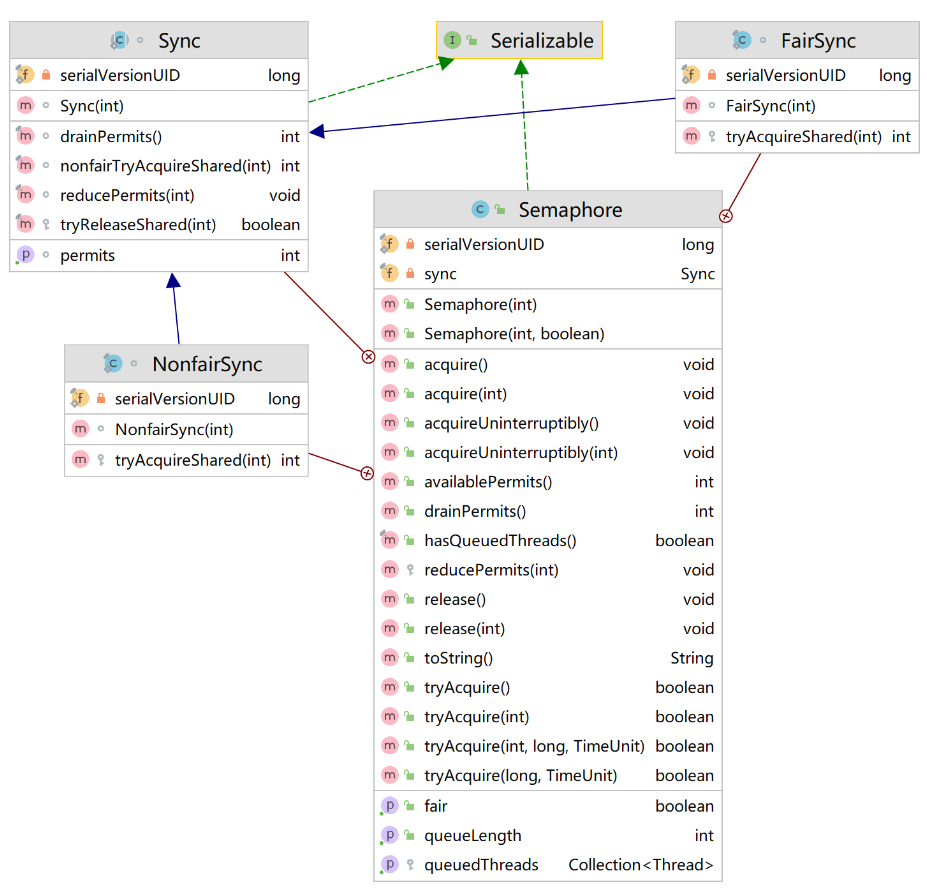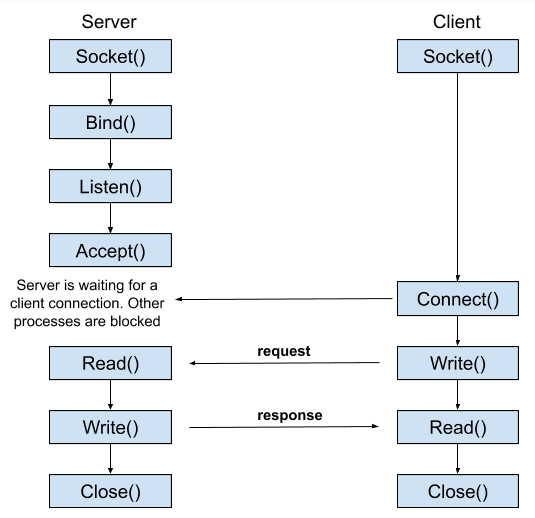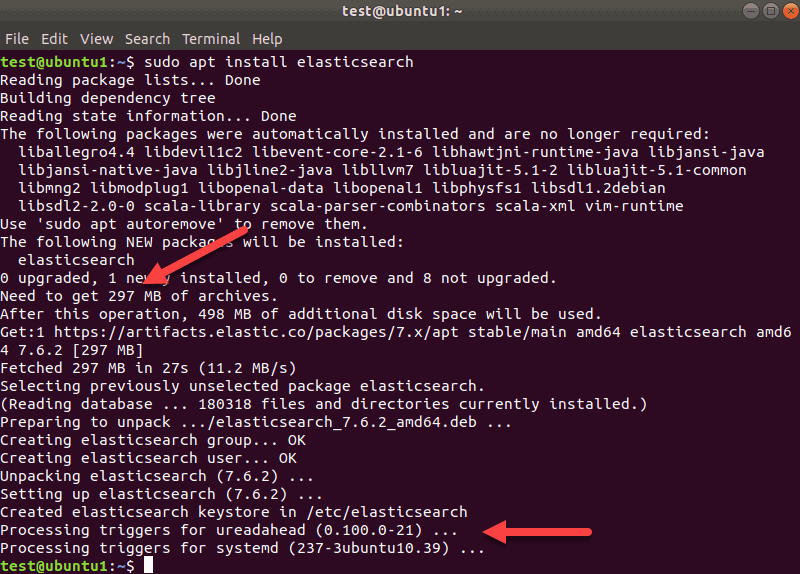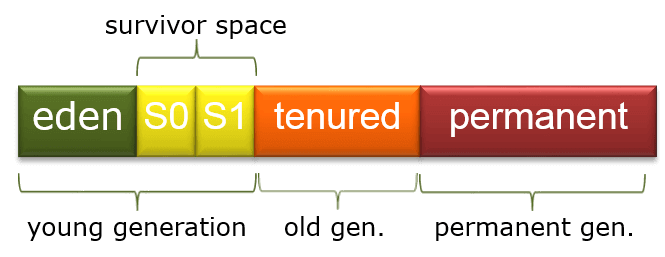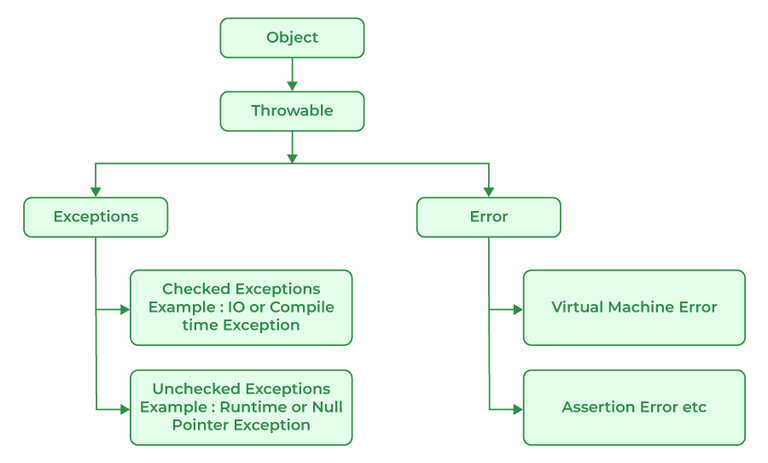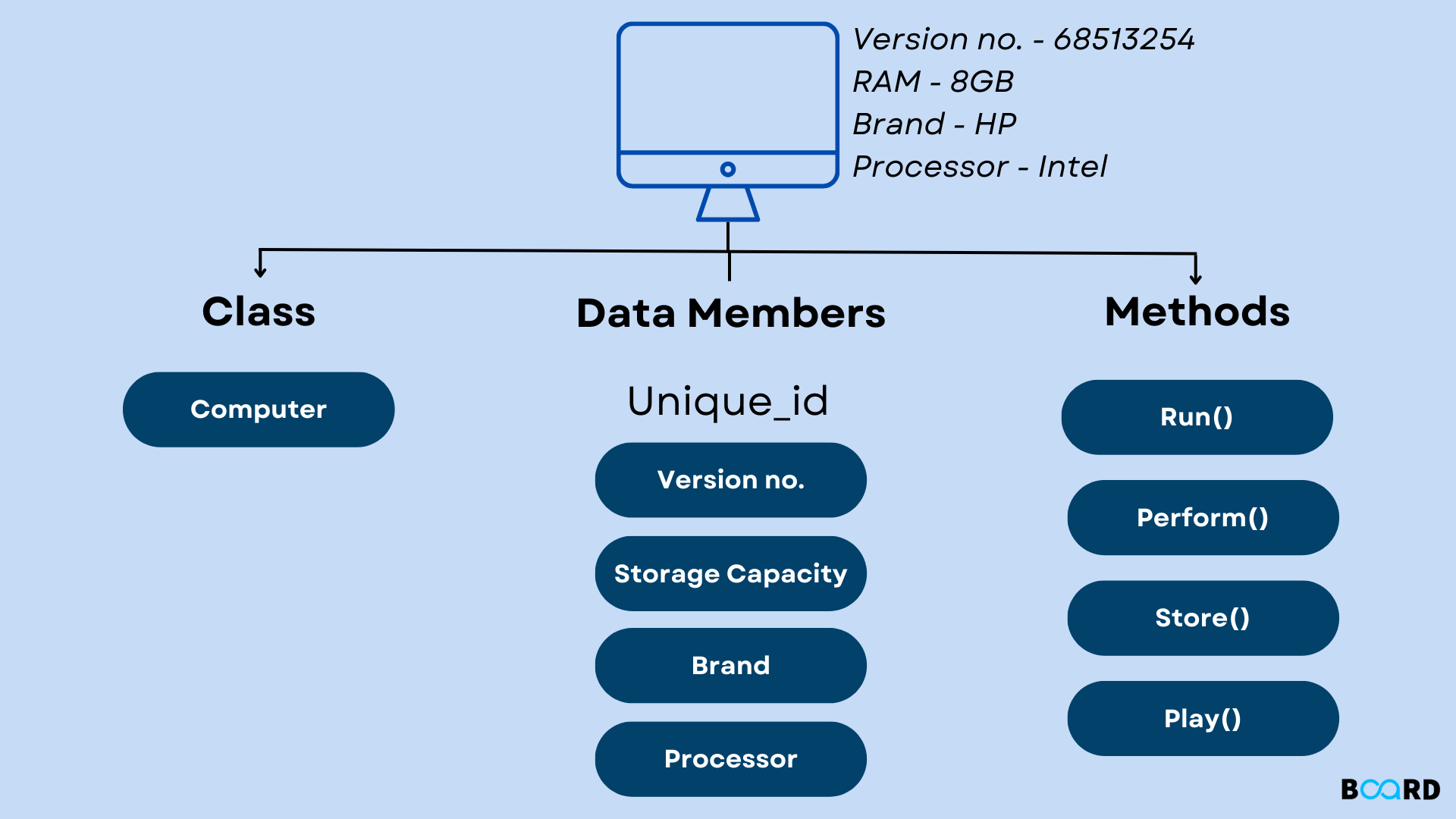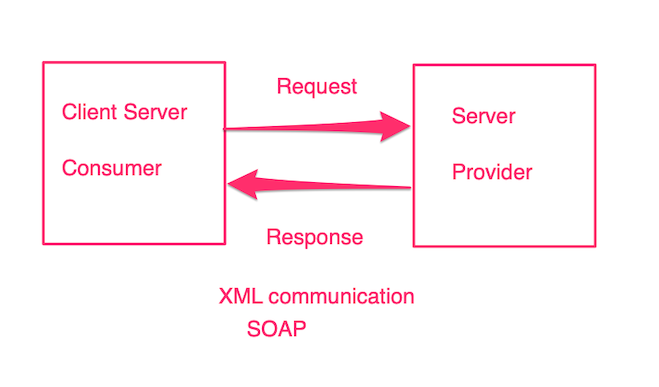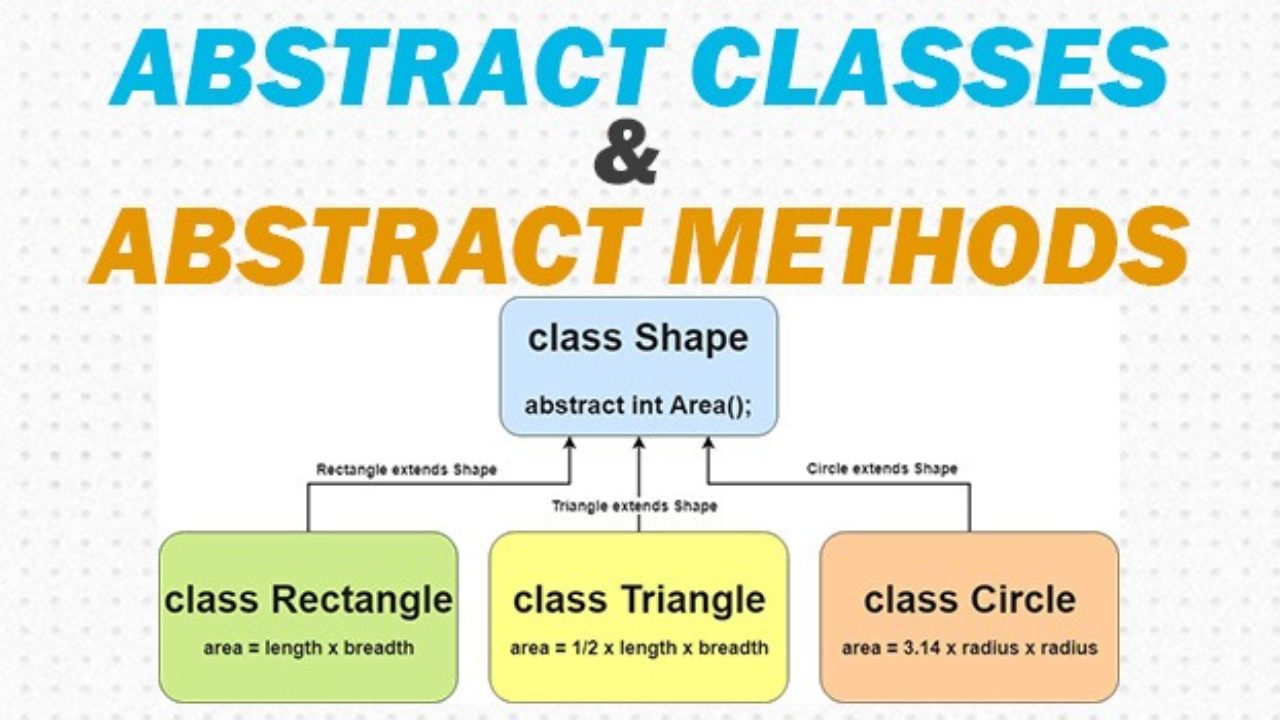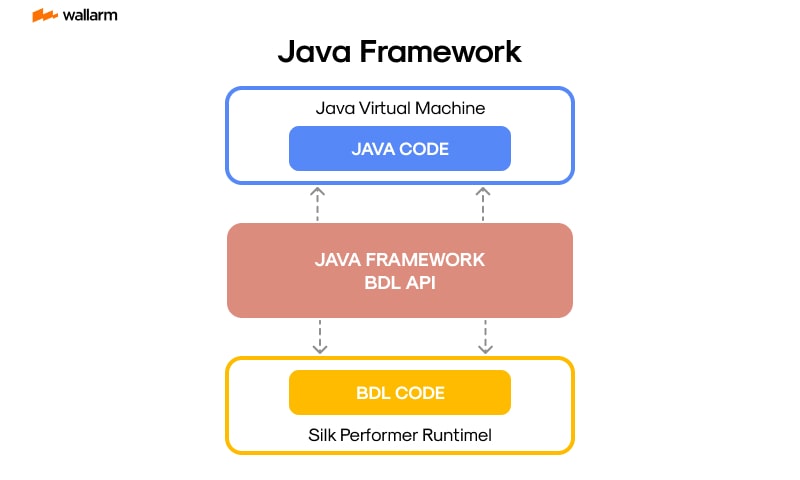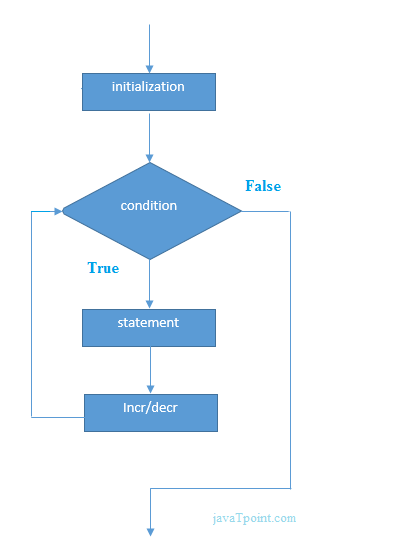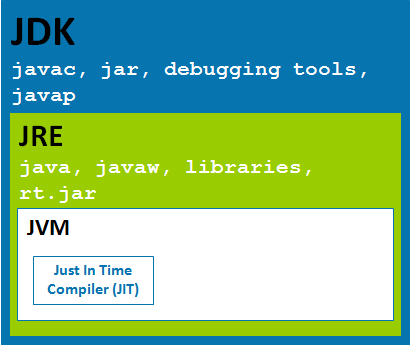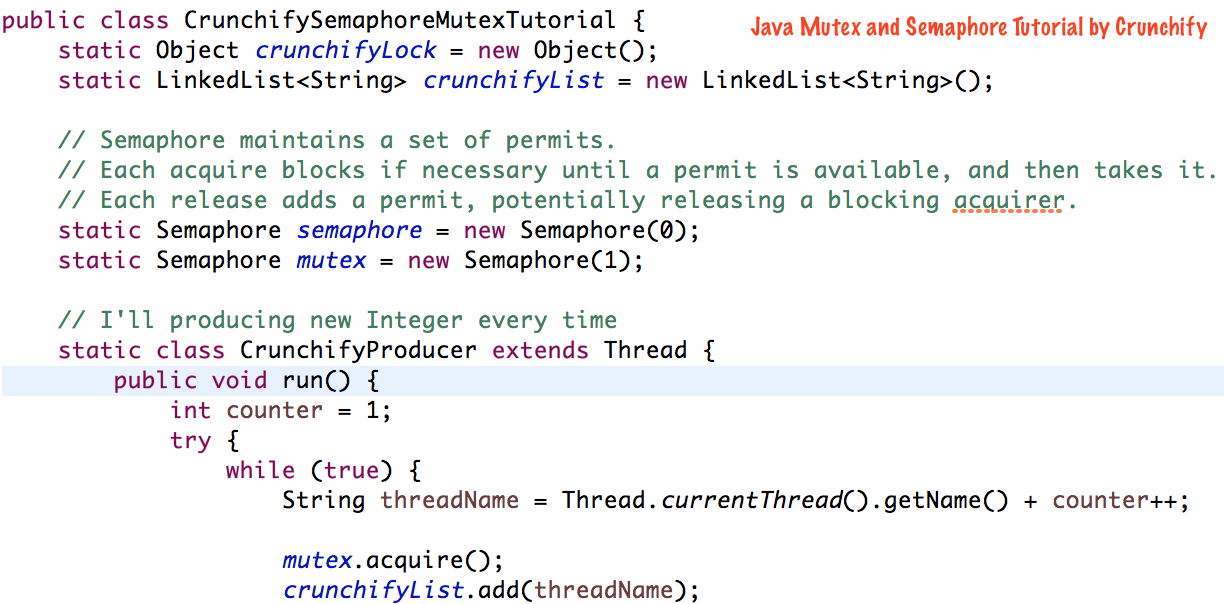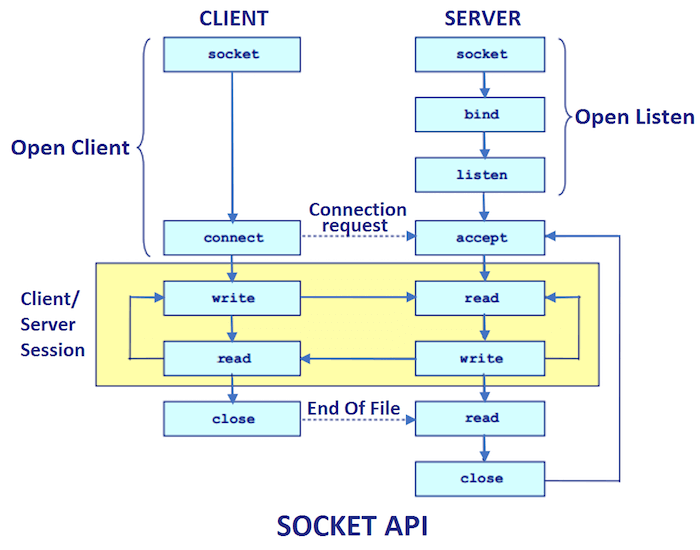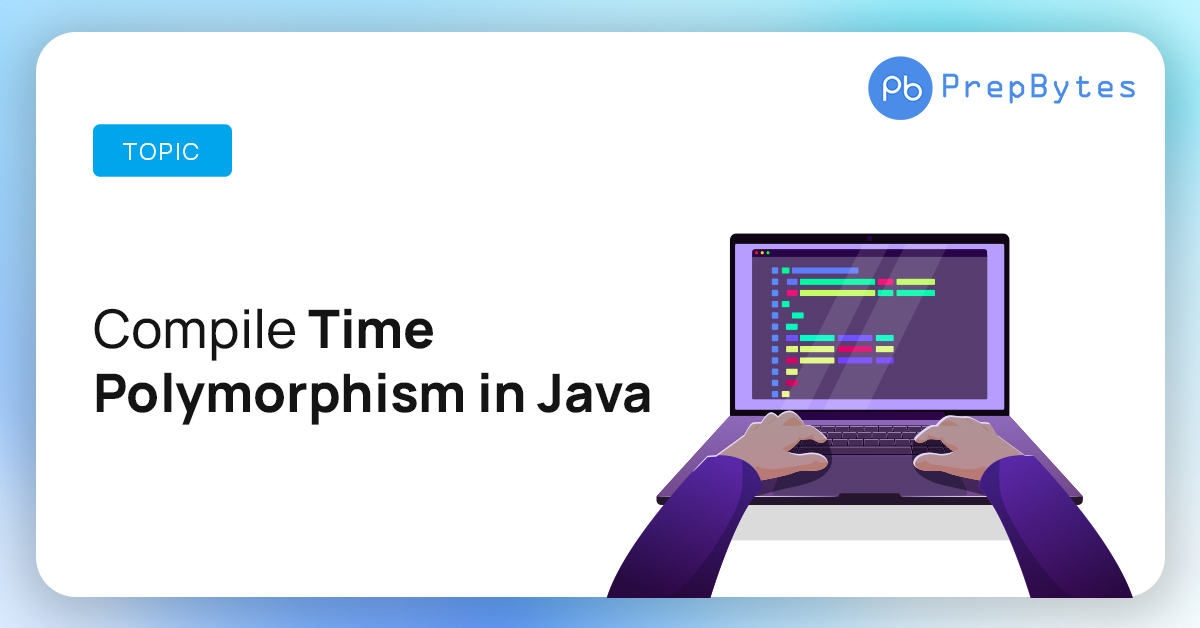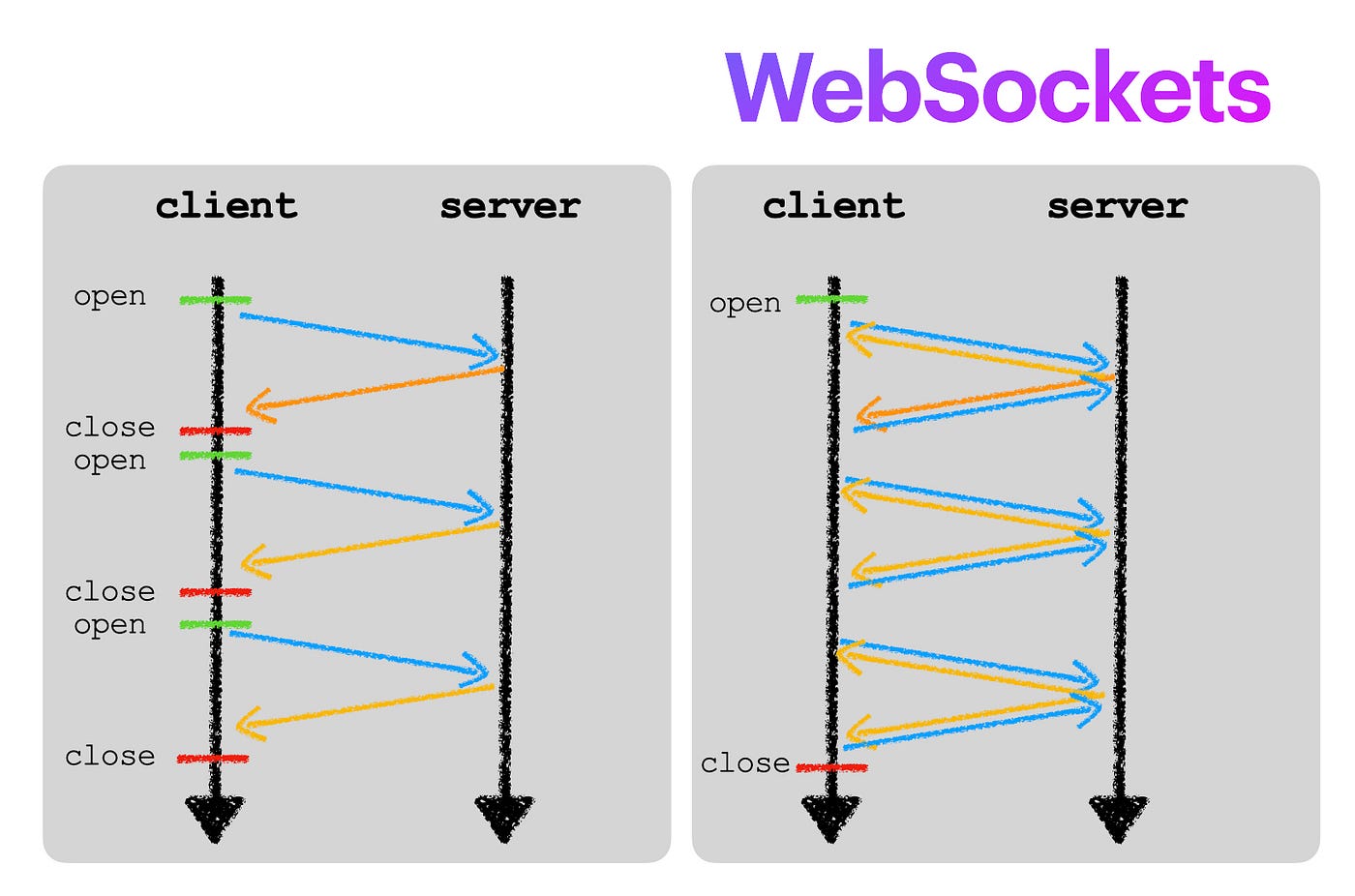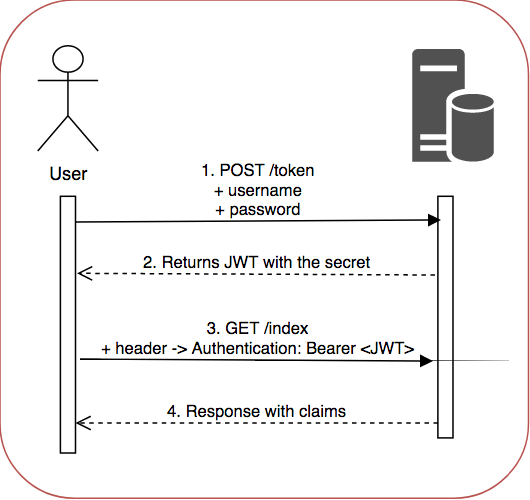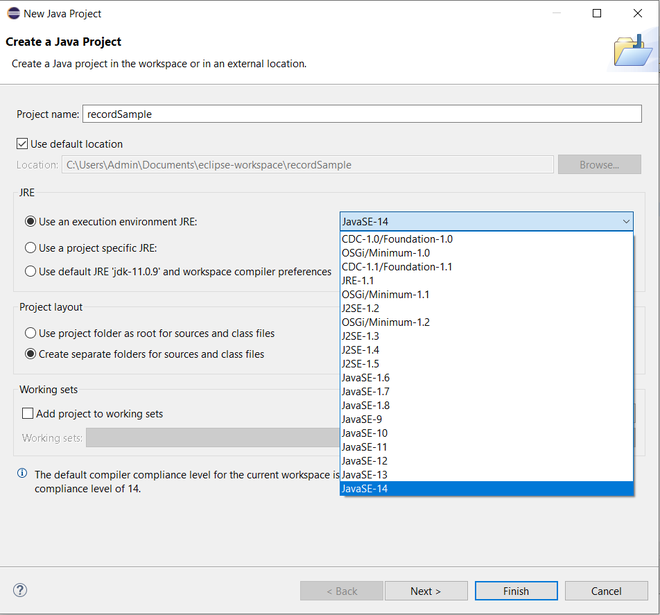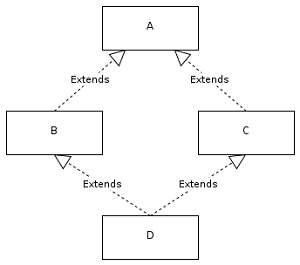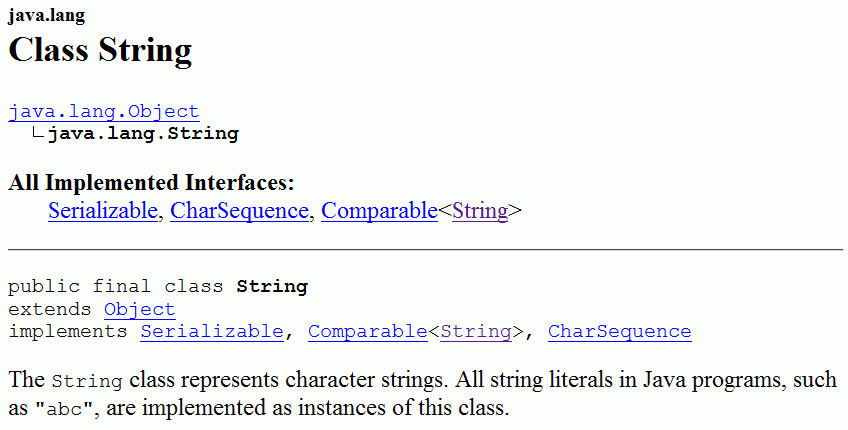What is reflection method in java with example
What is reflection method in java with example
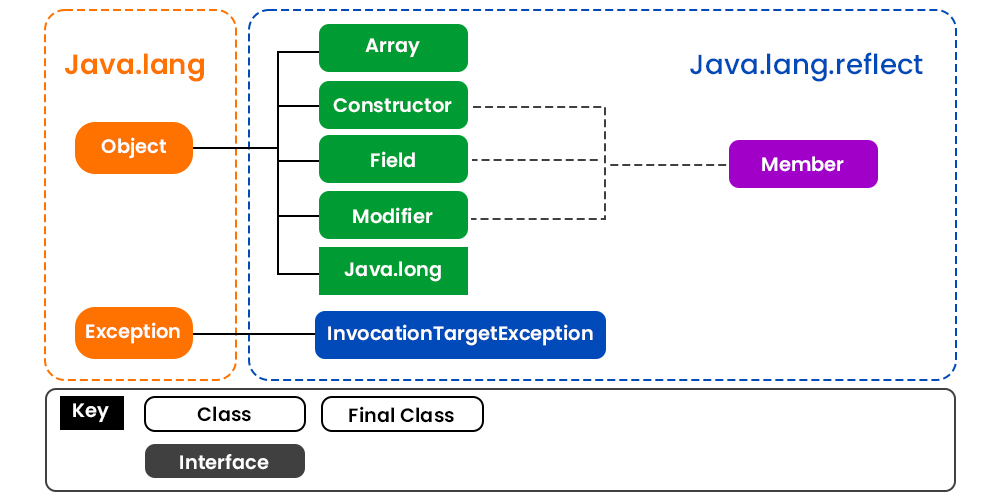
I'd be happy to explain the reflection method in Java with an example.
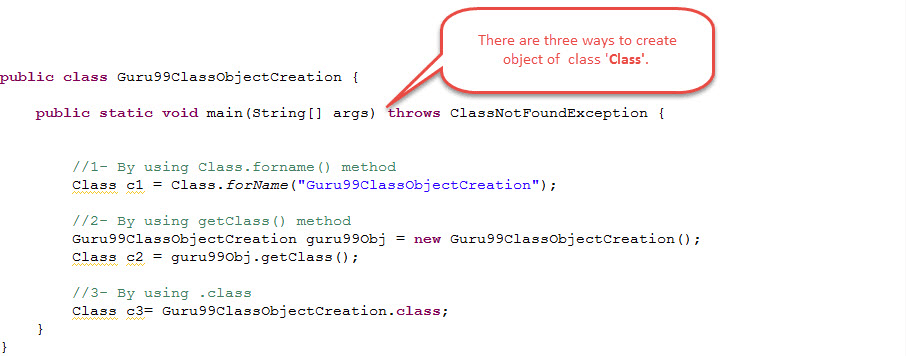
Reflection is a feature in Java that allows us to inspect and interact with objects, classes, interfaces, and primitives at runtime. This means we can use information about our class hierarchy at runtime and modify it programmatically. In other words, we can reflect on the structure of our code at runtime. This ability is crucial for many programming techniques, such as:
Dynamic method invocation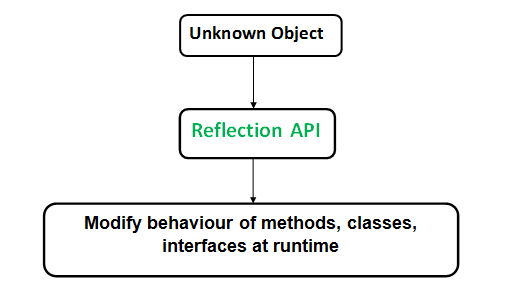
Here's an example of using reflection in Java:
// Define a simple Employee class
public class Employee {
private String name;
private int age;
public Employee(String name, int age) {
this.name = name;
this.age = age;
}
public void printDetails() {
System.out.println("Name: " + name);
System.out.println("Age: " + age);
}
}
// Use reflection to create an instance of the Employee class
public class ReflectionExample {
public static void main(String[] args) throws Exception {
// Get the Employee class
Class<?> employeeClass = Class.forName("Employee");
// Create an instance of the Employee class using reflection
Constructor constructor = employeeClass.getConstructor(String.class, int.class);
Employee employee = constructor.newInstance("John Doe", 30);
// Use reflection to call a method on the Employee instance
Method printDetailsMethod = employeeClass.getMethod("printDetails");
printDetailsMethod.invoke(employee);
// Get and set the name and age fields using reflection
Field nameField = employeeClass.getDeclaredField("name");
nameField.setAccessible(true);
nameField.set(employee, "Jane Doe");
Field ageField = employeeClass.getDeclaredField("age");
ageField.setAccessible(true);
ageField.set(employee, 31);
// Print the updated details using reflection
printDetailsMethod.invoke(employee);
}
}
In this example:
We define a simpleEmployee class with a constructor and a printDetails() method. In the ReflectionExample class, we use reflection to: Get the Employee class using Class.forName(). Create an instance of the Employee class using a constructor obtained through reflection (getConstructor()). Call the printDetails() method on the instance using reflection (getMethod() and invoke()). Get and set the values of the name and age fields using reflection (getField(), setAccessible(), and set()). Finally, we print the updated details using reflection again.
This example demonstrates some basic uses of reflection in Java:
Creating an instance of a class programmatically. Calling a method on an instance. Accessing and modifying the values of fields or properties.Keep in mind that this is just a simple example to illustrate the concept. Reflection can be used for much more complex and powerful programming techniques, such as implementing frameworks like Spring or Hibernate.
Hope that helps!
What is reflection method in java interview questions
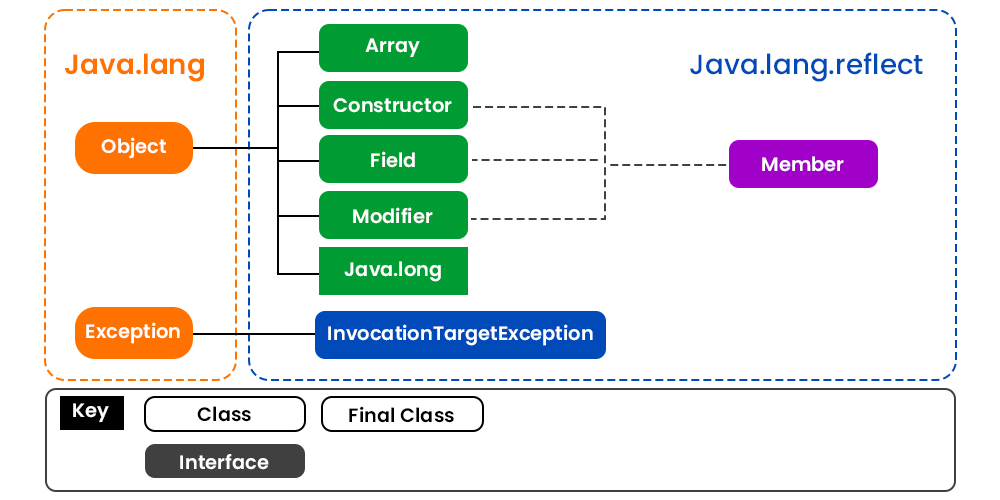
I'm happy to help you with that!
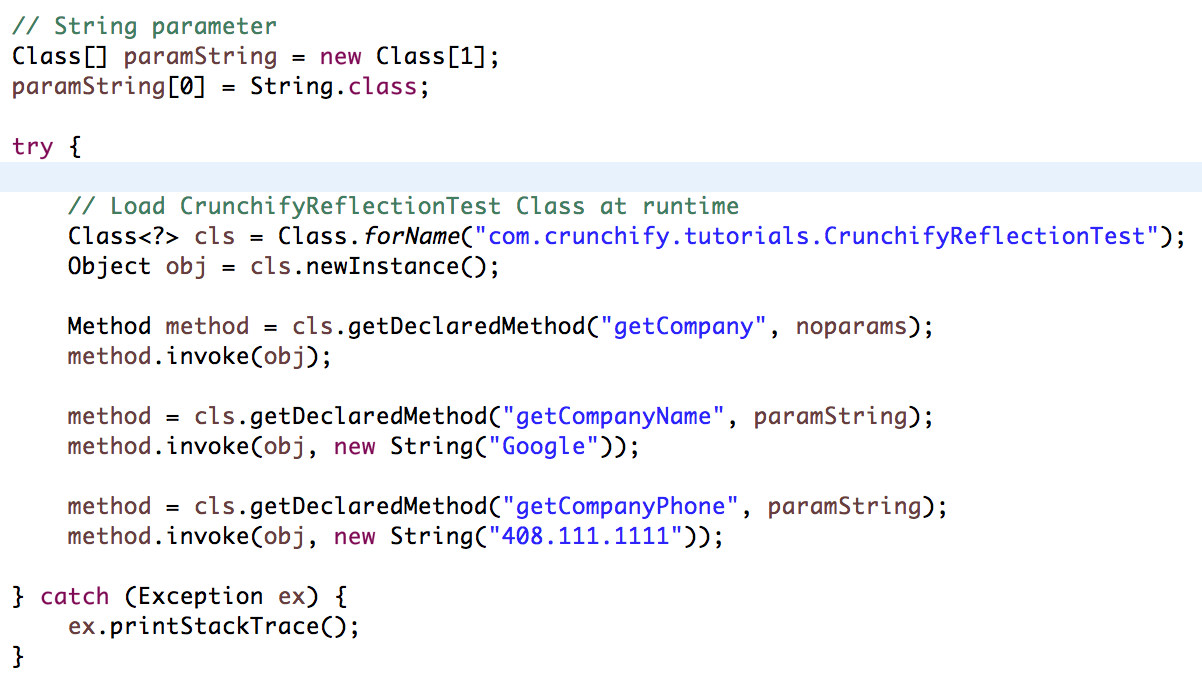
Reflection is a fundamental concept in Java programming that allows you to manipulate and interact with the various parts of your program, such as classes, interfaces, constructors, methods, fields, and annotations. It's like looking into a mirror (reflection) where you can examine and modify the code's inner workings.
In a Java interview, reflection questions typically focus on your ability to:
Create objects dynamically: Usejava.lang.reflect.Constructor or Class.forName() to create instances of classes at runtime. Invoke methods dynamically: Utilize Method.invoke() to execute methods with specific parameters and return types. Access fields dynamically: Employ Field.get() and Field.set() to read and write field values, respectively. Inspect class structures: Use Class.getMethods(), Class.getDeclaredConstructors(), and other similar methods to understand the class's hierarchy, interfaces, and members.
Here are some common reflection-related questions in Java interviews:
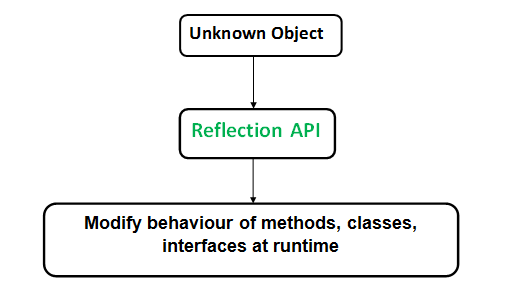
java.lang.reflect.Constructor. Implement a method that invokes a specific constructor with given arguments. Develop a solution to execute a method on a specific object dynamically using the Method.invoke() approach. Create a utility function that returns the value of a specified field in a given object. Write an example demonstrating how to inspect a class's methods, constructors, and fields at runtime.
Some additional tips for handling reflection questions:
Familiarize yourself with Java Reflection API: Study thejava.lang.reflect package, including classes like Constructor, Method, and Field. Practice coding: Implement reflection-related tasks in your own projects to build confidence and improve performance. Understand the importance of security: When using reflection, ensure you're not compromising the security or integrity of your application.
To wrap up, reflection is a powerful tool in Java that can help with dynamic programming, debugging, testing, and more. By mastering it, you'll become more versatile and efficient as a programmer, which will definitely shine during your Java interview!

